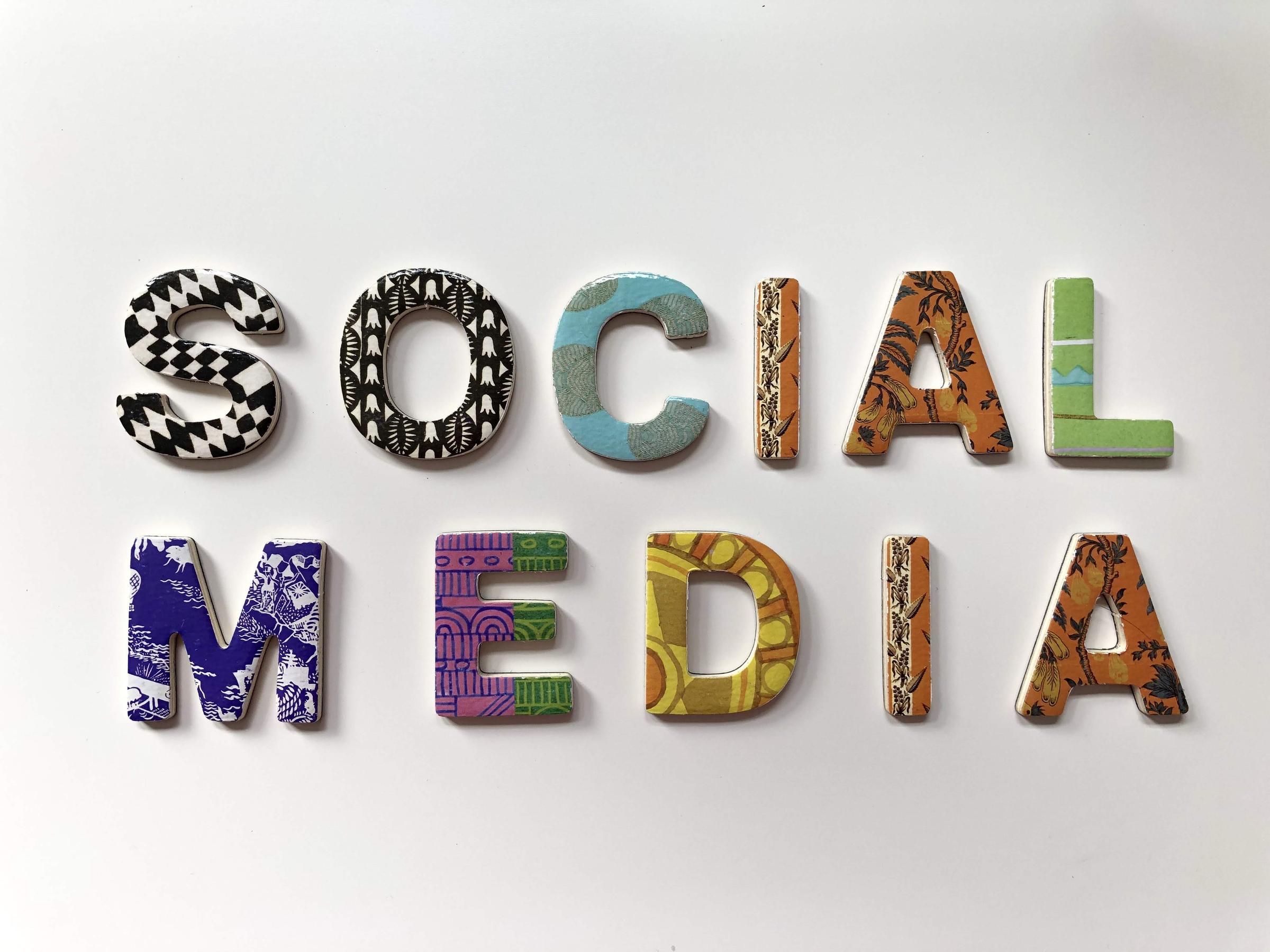Social Media

Social Media
Primary-age children are connected, mobile and social. We see the evidence of this every day with our own eyes – children appear to be going online younger and younger, with the rapid uptake of tablets and other touch screen devices.
What do primary-aged children do online?
Even at this young age children are avid social media users. Forty-five per cent of eight to 11 year olds use social networking sites. For the 8 to 11 year olds the top four sites are YouTube, Moshi Monsters, Club Penguin and Facebook, with the most popular activities being playing games, private messaging, posting comments and posting their own status updates. In other words, they ‘like’, they post, and they share just the same as their older counterparts.
Social media can be a useful tool to keep in contact with friends and family. However, we need to be mindful of what information is shared and with whom.
Some tips for parents include:
- talk to your child about staying safe as soon as they start becoming active in the online world, and keep the discussion open as they grow up, to make the dialogue part of everyday parenting life.
- monitor children’s time online, particularly younger children.
- set house rules – what’s okay to do and what’s not, how much time is ‘online’ time and what kind of personal information is okay to make public.
- consider using filters or other technological tools to help limit exposure to potentially harmful or distressing material.
- find out what children are up to; create your own accounts and play with the services they are using so that you become familiar with the privacy settings and reporting mechanisms.
- model the kind of positive online behaviour you would like them to use.
To stay safe on line, children need to consider the following:
- Check the age restrictions; most social media sites are for 13 yrs plus.
- Make sure your profile is set to private on all social networking sites.
- Only accept friend requests from people you know and trust.
- Don’t upload personal information such as your address and birthday.
- Learn to block offensive users.
- Delete any unused accounts.
- Always sign out when you have finished.
- Avoid using public/shared computers.
- Talk with a trusted adult if you have any concerns.
More information can be found at:
https://www.esafety.gov.au/parents/issues-and-advice/are-they-old-enough